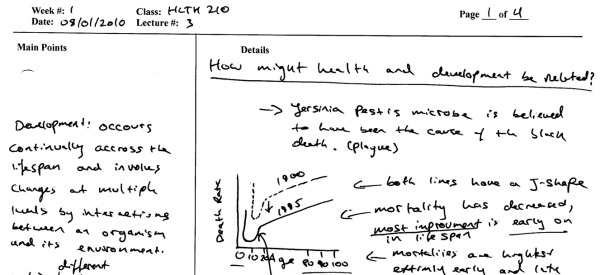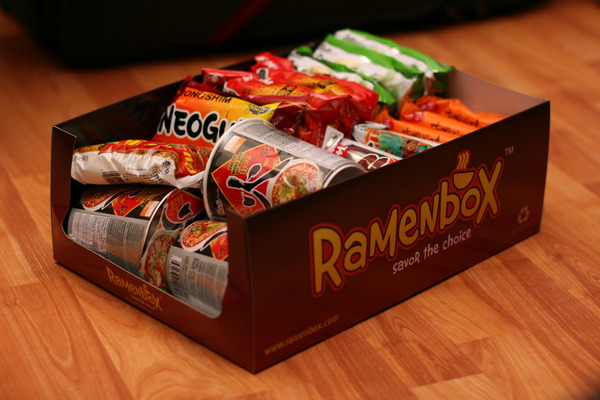Last Week's Best Discuss Campus Questions - January 31, 2010
The new semester is in full swing and so is Discuss Campus, the little question-and-answer site we launched last year. Here were last week's best questions:
21st Birthday Ideas when several friends aren't 21 yet?
So my buddy is turning 21 soon and I want to throw him an awesome bash. We're not really huge lets go out to clubs type of people we just like to chill and have a good time. The thing is we don't want him to feel like he missed out on something by just chilling. Only problem is that most of us aren't 21 yet and neither is his girl. Any ideas?
When should I start preparing to apply for grad school?
I'm thinking about applying for grad school in computer science and am wondering how long the process takes, what tests do I need to take and when most schools application deadlines are.
If you've got questions yourself, head on over to Discuss Campus and ask 'em. Think you know all the answers? Sign up and start answering!







 Sunday, January 31, 2010
Sunday, January 31, 2010




